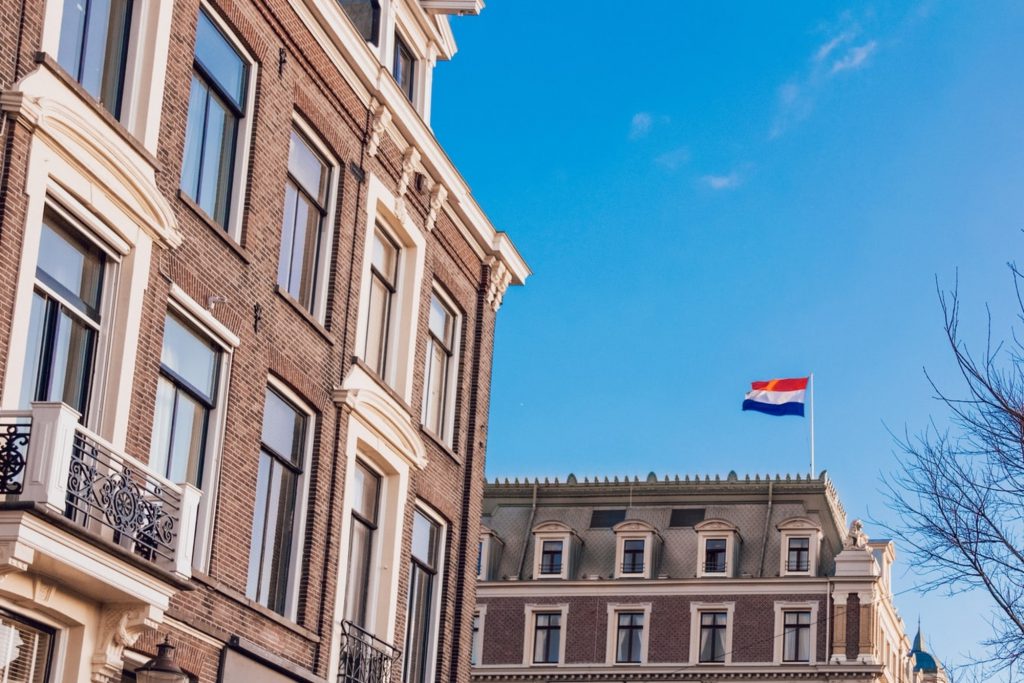The Netherlands offers an excellent life, a solid economy, and an inviting climate for both inhabitants and guests. A nation consolidates a rich social legacy with current conveniences and moderate strategies.

The steps involved
Purchasing possessions in the Netherlands includes a few stages and considerations. Here is a general manual to assist you with exploring the process:
Monetary preparation
Decide your financial plan, considering the possession’s cost as well as extra costs like charges, public accountant expenses, and realtor commissions. Think about supporting choices, like home loans. Talk with nearby banks or a home loan specialist to grasp your getting limit.
Area research
Research various locales and urban communities in the Netherlands to track down the area that suits your necessities regarding conveniences, transportation, and way of life.
Lawful requirements
Employ a realtor (makelaar) who is knowledgeable about the Dutch possessions market. They will assist you with tracking down reasonable properties and guide you through the cycle. Get a BSN (Burger Service Nummer) if you don’t have one. This is vital for different managerial purposes, including property rights.
Property search
Work with your realtor to track down properties that match your standards. You can likewise look through web-based stages like Funda.nl.
Property viewing
Visit the properties you’re keen on to figure out the areas and the state of the properties.
Making an offer
When you find a property you like, your realtor will assist you with making a deal. Discussions might follow, and when an understanding is reached, the two parties consent to a purchase arrangement (koopovereenkomst).
Financing
On the off chance that you’re utilising a mortgage, secure your funding. This includes giving the fundamental reports and finishing the home loan application process.
Due diligence
Play out a specialised and lawful reasonable level of effort on the property. This incorporates assessments and guarantees there are no exceptional obligations or issues with the property.
Notary and Deed transfer
Delegate a common regulation legal official (notaris) to supervise the lawful exchange of the property. The legal official will take a look at all reports, orchestrate the mortgage deed, and register the property in your name.
Closing costs
Pay the end costs, which incorporate property move charges (overdrachtsbelasting), legal official expenses, and realtor charges.
Property transfer
After all the paperwork is in order, the property is formally moved to your name, and you get the keys.
Post-purchase
Make sure to update your location with different specialists, like the district and utility suppliers.
What to consider
Purchasing property in the Netherlands can fluctuate broadly in cost based on a few variables, including the area, property type, and size. By and large, possession costs in the Netherlands have been on the ascent as of late, especially in significant urban communities like Amsterdam, Rotterdam, and Utrecht. Here are a few central issues to consider:
Metropolitan areas
The costs will generally be higher in significant urban communities and their encompassing rural areas. Amsterdam, specifically, is known for its costly housing market.
Rural areas
In other rural regions or more modest towns, property costs can be significantly lower. You might track down additional reasonable choices in these districts.
Sort of property
The kind of possession you’re keen on likewise influences the expense. Apartments are much of the time more reasonable than segregated houses.
Size
Bigger properties regularly accompany more exorbitant cost labels. The number of rooms, areas, and conveniences will influence the expense.
Take away
It’s fundamental to research and cautiously evaluate your financial plan and needs while thinking about purchasing property in the Netherlands. While property costs can be somewhat high, there are choices accessible at different price tags, particularly assuming that you’re available to investigate regions outside significant urban communities. Working with a neighbourhood realtor can likewise assist you with exploring the market and finding properties that line up with your spending plan and inclinations. Also, it’s fundamental to know about any progressions in property regulations and guidelines that might influence the market.
You may also like these articles:
Things to see in the Netherlands
